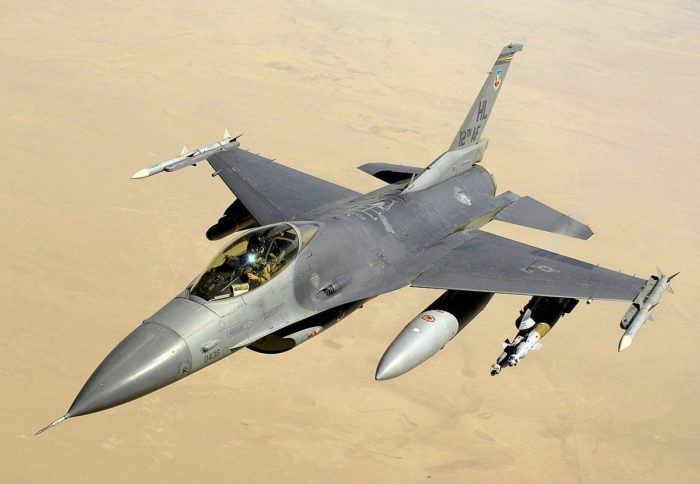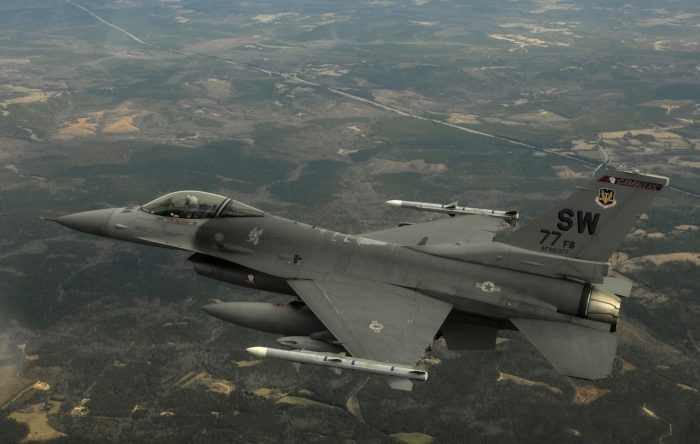The recent attempted coup in Russia, led by the Wagner Group’s Yevgeny Prigozhin, has led to a reevaluation of the Kremlin’s stance on the ongoing war in Ukraine, Politico reports.
Amid the coup attempt, the Biden administration communicated with the Kremlin, emphasizing that the US viewed the mutiny as an internal Russian matter and would not be altering US or NATO troop positions. “Everything was done to ensure that Russia didn’t see an American hand in all this,” said Ian Bremmer, the president of the Eurasia Group.
The coup attempt has revealed potential cracks within the Kremlin and military hierarchy, leading to speculation about Putin’s future actions. Some believe Putin’s relative restraint may indicate a deeper rationality, while others worry a weakened Putin could become more desperate and reckless.
The instability in Russia has led some US officials to consider the possibility of supplying Ukraine with more lethal, longer-range weapons, including F-16s. The thought is that Putin’s red line might be softer than anticipated, and he might choose not to escalate for fear of widening the war. However, no decision has been made yet.
The fragility of Putin’s regime has also led to contemplation of a post-Putin Russia and the potential global destabilization that could result from a nuclear stockpile controlled by a more unpredictable leader.
In the short term, the upcoming NATO summit in Lithuania will take on new urgency. Secretary of State Antony Blinken hinted at a “robust package for Ukraine” to be unveiled by NATO leaders in Vilnius.
“It’s still a high bar [for Ukraine’s potential NATO membership] because all 31 [NATO] countries have to say yes,” Bremmer told Politico. “But this will help. The West now has less reason to worry about Putin’s supposed red lines, and all the more reason to worry about how to prepare for a destabilized, unpredictable situation in Russia.”





